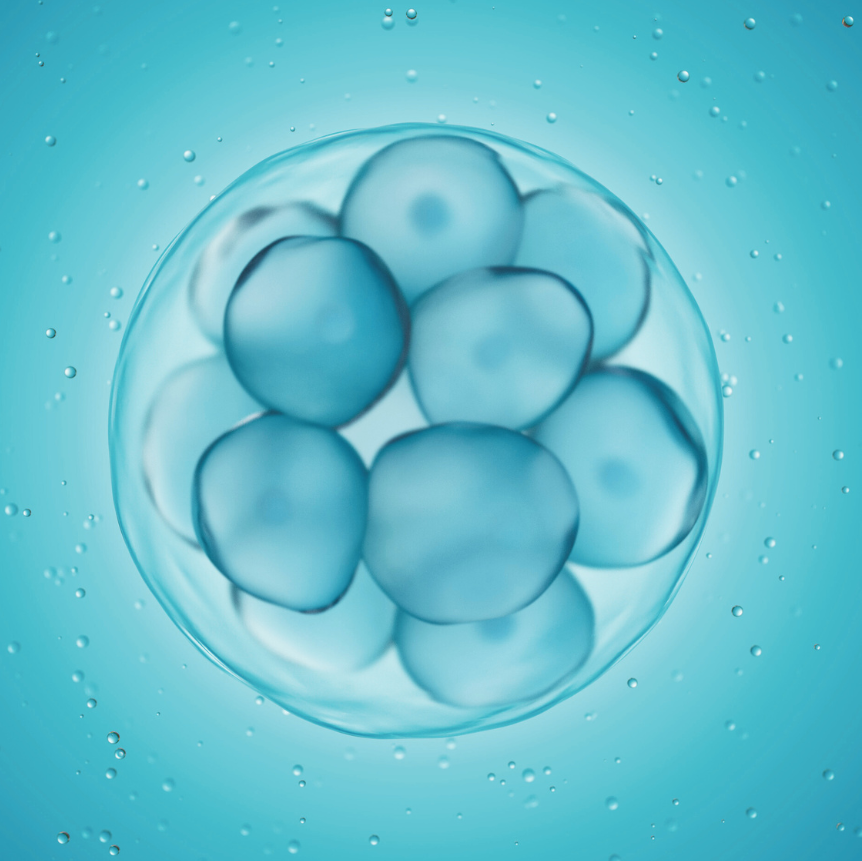Aggregated News

Egg freezing is one of today’s fastest-growing reproductive technologies. It's seen as a kind of 'fertility insurance' for the future, but that doesn’t address today’s deeper feelings of uncertainty around parenthood, heterosexual relationships, and the reproductive path forward. In this documentary, freelance producer Alison Motluk explores the history, significance, and reality of egg freezing for women.



